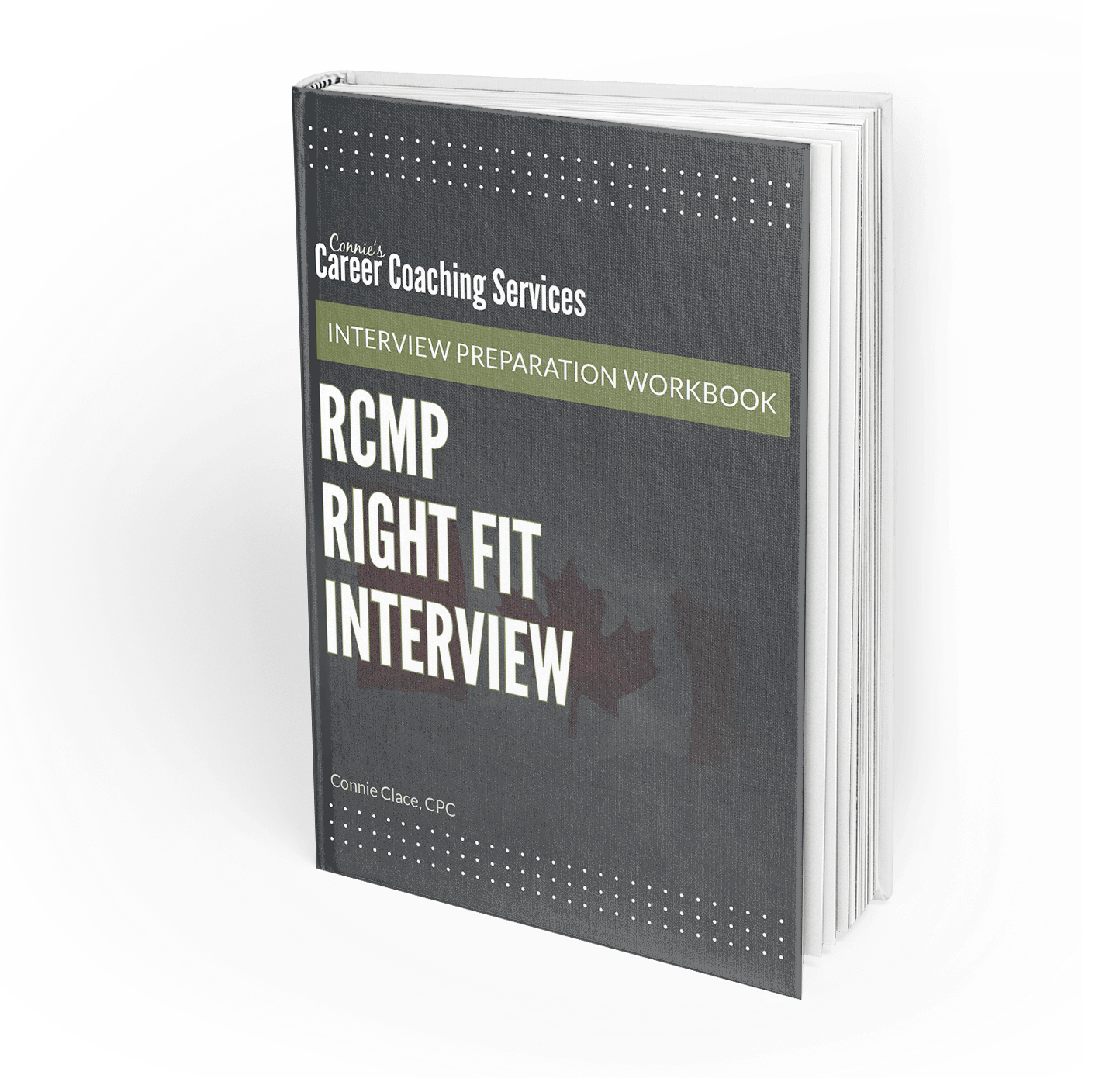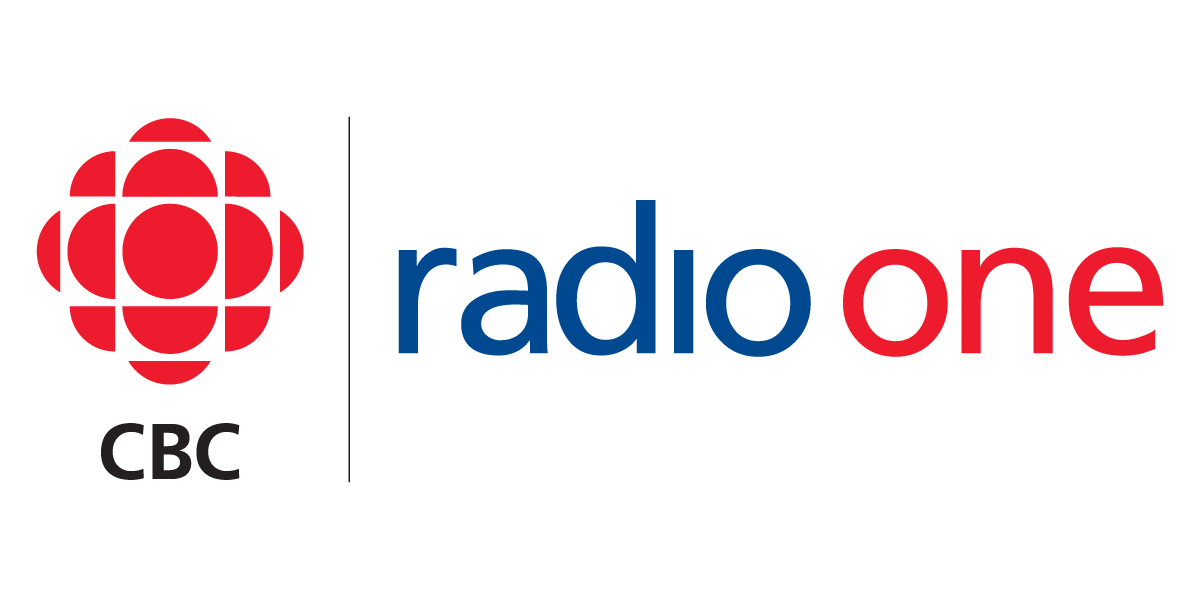Should you discuss salary at the interview? Should you bring it up? What if they ask you what salary level you are expecting? What if they ask what you make in your current job? Money is a very sensitive and difficult topic for most people, especially when it is around salaries. So, when do you have this discussion with the hiring manager?
Unfortunately, as with many things when it comes to job searching, there is no right or wrong answer. However, there are better ways than others to approach the topic. There is one school of thought that you should never bring up salary until you are offered the position. That would be fine because at the end of the day, you want to be offered a job. However, what if the salary that they ultimately offer you is considerably lower than you are prepared to accept? You have just wasted a lot of valuable job searching time on a job that is not really viable for you. With that scenario, waiting until you are offered a job is not such a good idea.
And what if you are invited to a series of interviews? You might have a telephone interview as an initial screening, and then perhaps an online interview, like Skype, and then get invited to meet in person. You have already decided not to wait until you are offered a job, so which interview should you bring it up?
I would suggest that you bring it up at some point after the first interview. If you know that there are going to be a series of interviews, then wait until you are confident that you are a serious contender. Once you get to that point, it would be a good time to find out if you are both on the same page as to salary range. You could ask simple questions, such as:
- “Are you able to tell me what the salary range for this position is?”
- “What have you typically paid for this position to someone with my experience and skills?”
If they ask you what compensation you expect to receive, some acceptable responses could be:
- “I would like to have more information about the job and it’s responsibilities, and your full compensation package, before I would be able to give you a well informed answer of my salary expectations.”
- “From the research that I have conducted, the industry standard range for a position such as this is between $65,000 and $85,000. I’m confident that we can come to an acceptable agreement within that range.”
What about when they ask you what you made in your last job? How do you answer that question? If you tell them what you made, they are unlikely to offer you a salary that is much higher, even if you were lower than the industry standard. If you don’t give them an answer, or tell them that you are not going to answer that question, it may seem offensive and rude. So what do you say?
- “I’m not sure it’s relevant what my current salary is as there may be other factors and benefits that are not in line with what you are offering, so I would rather discuss compensation based on my skills and experience and not past earnings.”
- “If you don’t mind, I would prefer to discuss compensation until I have a better understanding of what exactly the job entails and then I will be in a position to have a meaningful discussion.”
- “Unfortunately, I feel that I am being underpaid in my current position for the experience and skill set that I bring to the organization. I would prefer to discuss what salary range you are willing to offer to ensure that my expectation will be in line with your range.”
As you can see, this is never an easy topic to discuss. But if you handle it with tact, then it can work in your favour. Make sure that you do your homework as to the acceptable salary range for the position, and be confident that you are coming to the table with the skills and experience for which they are looking. If you are confident in your ability, then make sure you don’t let them low ball you. But, be realistic. If you are interviewing for a job where the industry standard pays $60,000, then it is unreasonable for you to go in expecting to be paid $85,000. Or if the industry standard for experienced employees is a range of $65,000 to $80,000, and you are just out of school, then it is unlikely that you are going to start at the top of the scale.
Consider this whole segment when you are preparing for your next interview. And if you still aren’t sure how to handle it, don’t be afraid to reach out to experienced interviewers to get some help, or seek out the services of an experienced Certified Professional Career Coach who has expertise in interviews.
Do you know someone who is faced with this challenge? Feel free to share this post by using the share links at the top of this page. Also, if you’d like more interview tips, feel free to check out the interview resource page.


Leave a Reply